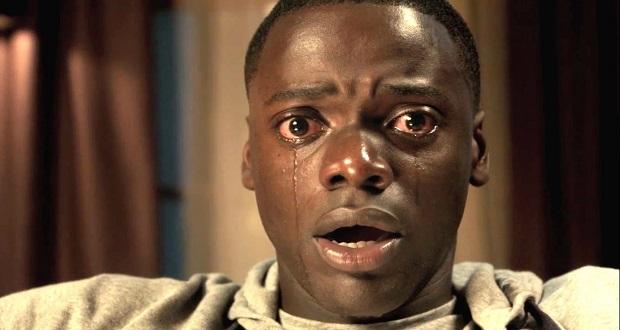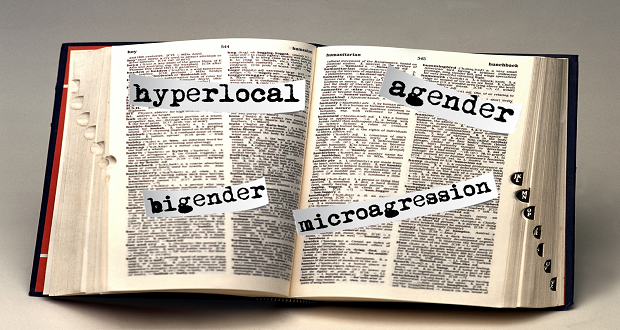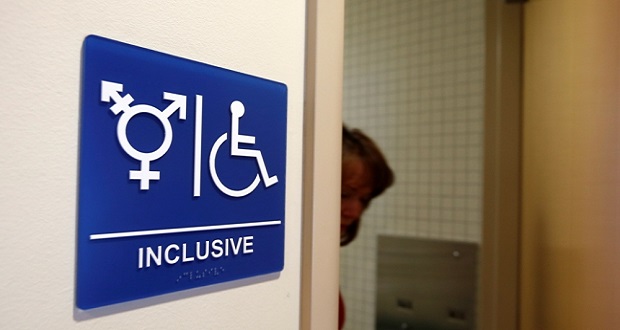
When Brittany J. Harris gave us and our readers the challenge to name white supremacy culture in ourselves, I couldn’t help but feel a combination of exhaustion and defensiveness. I tried to think about how white supremacy has been internalized in my own head, in my communities, in my city—but I kept running into a mental wall, and this frustrated and fatigued me. Why was it so easy to write about decolonizing the industry I work in, yet when having to think about colonization and white supremacy in my own life and values, I felt like I was trying to peel off a scab that wasn’t fully healed yet? Colonialism may be centuries old, but this wound is fresh.
When having to think about colonization and white supremacy in my own life and values, I felt like I was trying to peel off a scab that wasn’t fully healed yet. Colonialism may be centuries old, but this wound is fresh. Share on XAlthough I have many personal and professional interests and passions, my “why” for doing what I do has been pretty much the same ever since I could muster up a sentence: “I like helping people.” I spent much of my youth wanting to be a doctor for this reason, but ended up finding that I could make a larger impact in public health and social justice. I spent years shelving books at the public library, swaddling babies in the hospital nursery, and teaching nutrition with AmeriCorps. To this day, I still spend many evenings volunteering at the local food pantry or at after school youth programs. Service is my calling and passion.
So when COVID-19 happened, I couldn’t help but feel helpless and frustrated that I couldn’t go serve and help my community in ways I have done my whole life, especially in a time when people are in dire need; and given my education and knowledge of public health and epidemiology, I felt like I wasn’t being as resourceful or productive as I could be. I ruminated to the point of exhaustion. Should I sign up to be a COVID-19 contact tracer? Should I take the risk and go pack food at the food pantry? Should I be doing more advocating on my social media channels? I felt restless, anxious, and even guilty for not “doing.”
Thus, after many long walks around the neighborhood with my fiancé, venting about my frustration of inaction and identifying everything I could that is rooted in white culture and colonial patterns, it became clear to me what this wall, this scab, really was and where this emotional fatigue was coming from. I realized a wall has existed in my brain, likely throughout my entire life, serving as a barrier to protect myself from acknowledging that the way we think of being of help or of service in our country is actually not as helpful as we think, not only to the people we serve and care for, but also for us caregivers ourselves. We put caring and helping by any means on a pedestal, and frown upon rest and inaction.
The way we think of being of help or of service in our country is actually not as helpful as we think. We put caring and helping by any means on a pedestal, and frown upon rest and inaction. Share on XThe results of this notion are tragic. I’ve experienced this personally, as my former supervisor, a clinical social worker who provided behavioral health services to refugees and low-income folks, took her own life. The rate of suicide in veterans has increased 50% from 2000 to 2020. COVID-19 doctors and nurses are dying by suicide.
We mourn, we may talk about it, yet we don’t challenge the colonialist root of our behaviors, policies, and systems. This week, I am challenging the white supremacist and colonial underpinnings of what we “think” is caring and serving—in our communities, for our loved ones, and for ourselves.
Recognize and reassess: Savior mentality isn’t saving anybody.
Our interpretations of what it means to care and to serve is rooted in a history of individualism and subservience, particularly in America. Historically this manifested as white settlers disrespecting, disrupting, and ultimately displacing indigenous communities, through political and violent acts. Yet early colonists are lauded as conquerors and celebrated leaders in American history. This is also evident in the Christian underpinnings of service, derived from colonization: “help thy neighbor.” At a surface level, this principle is harmless; but in action, this “service” often times has an implicit and harmful caveat: “help those whom we deem as worthy and help them according to what we believe is right.”
This notion is ingrained in us today—the constant battle of only serving in the context of what is “moral” through a religious lens. For example:
- It is great to “help” those experiencing homelessness or poverty, unless they are a “criminal” or “addict.”
- It is great to “help” those in another country, but only in the name of religious conversion.
I’ve experienced this firsthand. AmeriCorps does not allow its members to take part in “controversial” services such as providing abortions or needle exchange service at healthcare centers. From my perspective, to care and to help means to give people the power and resources they need. Yet our mainstream understanding of charitable giving and philanthropy perpetuates power hoarding, allowing those in power to decide how money is funneled into the communities they “serve,” without giving those communities the agency or ability to sustain themselves, thus preserving a white supremacist cycle of dependency and subservience.
Blood, sweat, and tears aren’t noble: It is a mask for systemic oppression.
“Thanks, Healthcare Heroes” or “Thank you, Teachers” is great and important, but not enough.
As the mental health crisis of COVID-19 continues to worsen, those who are on the frontlines of care are experiencing excessive work and no opportunities to rest. They are witnessing untold death and trauma. We applaud them for going through this, for sticking it through and being committed, yet we often forget to serve and care for the caregiver. We have lost sight of the collectivist notions that have served our ancestors across the world: both mentally, spiritually, and physically. This “fend for yourself” mentality has been institutionalized as the “norm.” Indeed, America is one of the few countries where we often put the first caregiver we have known (our parents) in senior/nursing homes. Ironically, those working at these facilities are often lauded for doing such a “tough job” yet get paid very little.
We can challenge individualistic, “fend for yourself” cultural norms by prioritizing and systematically advancing communal care. Certainly “self-care” is important, but it isn’t enough, as it places the burden of care on top of the pre-existing stressors of daily life. Practicing communal care might look like: offering to take care of your neighbor’s children, preparing meals for their loved ones, or if you are a leader, evaluating your time off policies, embracing last minute changes in plans, and prioritizing team well-being.
And finally, celebrate and prioritize rest: Dethrone your definition of productivity.
“Rest” is more than okay. It is a sign of strength to take a break, whatever it looks like for you. If you are a leader, be intentional about recognizing that rest isn’t a reward, but rather a necessity in the context of your industry, your home life, your mental and physical ability. Rest is a right. Leaders: How have you embedded rest and re-evaluated measures of productivity in your systems, policies, and culture?
If you are a leader, be intentional about recognizing that rest isn’t a reward, but rather a necessity. Rest is a right. Share on XA note to parents and caretakers: If you are at home with kids at this time, acknowledge that they are going through a life-altering experience as well, and may not have the capacity to share their feelings explicitly. We must remind ourselves that being “productive” at home doesn’t have to be and doesn’t need to be how many worksheets your child completes, or how much time they spent on homework.
If you are looking for resources to inspire, The Nap Ministry social movement has shared great resources on this topic. Rest is revolutionary. Inaction is activism.
There is no better time than now to begin to decolonize how we serve and care, and I challenge myself and others to see where we have internalized this in how we show up. I affirm:
I am serving and caring, despite not being “of service” in the traditional ways I have internalized productivity. I am being an activist by resting and being intentional about encouraging rest for my networks as well.
For me, this means recharging intentionally daily, as my day job is rooted in the fatiguing work of dismantling systemic injustices. I serve by bringing light to the fact that we should redefine care and service. Whether you are a healthcare professional, a parent, a service worker, or something else, I challenge you to acknowledge areas where you may be complicit in dominant, yet harmful cultural norms we have learned about care and rest.

![Decolonizing Diversity, Equity, and Inclusion Work: … Means Naming White Supremacy Culture [In Ourselves] Part IV](https://theinclusionsolution.me/wp-content/uploads/2020/05/rest-1280x640.jpg)

















